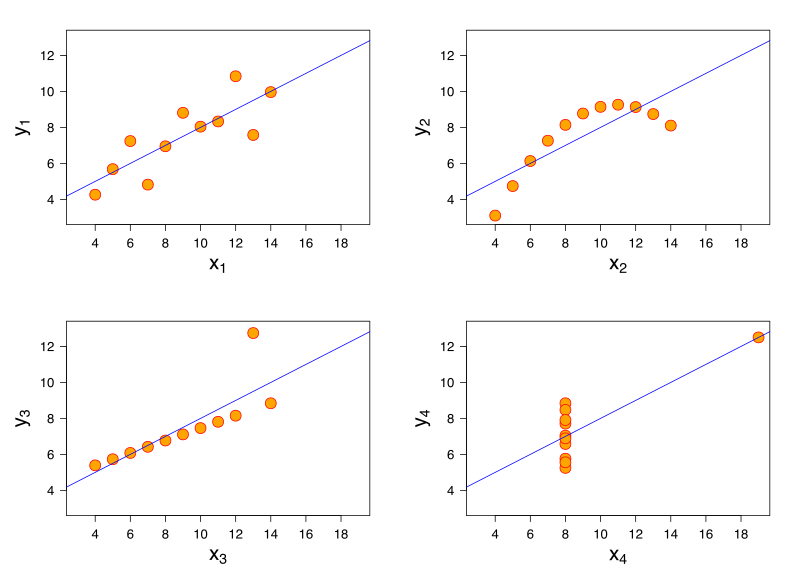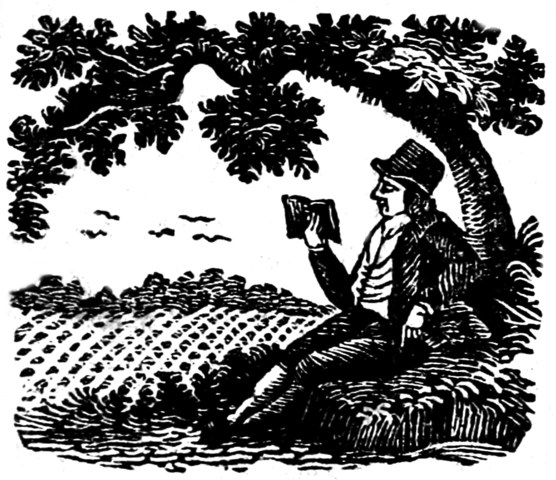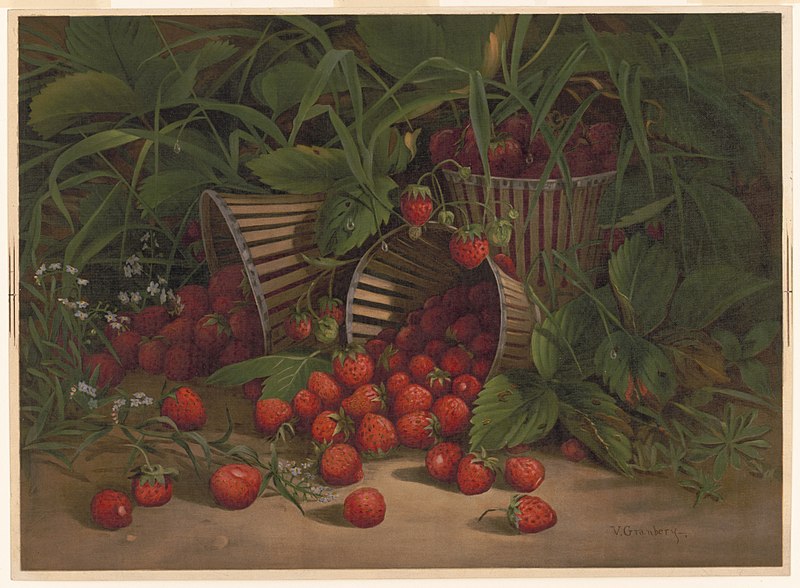
On April 6, 1966, to celebrate 100 years of the city’s incorporation, 35 citizens of Geneva, Ohio, signed a “Declaration of Lunar Ownership”:
When in the course of human events and space-age accomplishments, the destiny of mankind becomes influenced … [by] the presence of a particular controversial Celestial Body unclaimed and unregulated … it should be advisable and honorable … to lay definitive and prior claim to the entire physical mass and any and all aura, aspect, imaginative or otherwise, of … the Moon.
Geneva assumed “full possession and complete responsibility” of the Moon, yielding “to no man or State in its sovereign right so to do.” The declaration asserted the city’s claim as “positive, supreme, permanent and sovereign,” transcending and voiding “all other claims both real and fancied … previously made for the possession of all or any part of the Moon.” It permitted all humans “to enjoy and to behold and bask” in moonlight but disclaimed responsibility for “any mental, physical, or spiritual influences … [or] for any advantages or disadvantages from tidal phenomena.” Space explorers would be charged per hour for “landings and close fly bys of the visible acreage of the Moon,” and any activities on the far side required “the express consent of the official Councils of the City of Geneva.” And the declaration provided for the sale, rent, or lease of the visible lunar face “to desirable applicants upon a two-thirds vote of the entire population of Geneva,” granting the United States government “prior option to this privilege.”
For the year 1966, the document allowed the sale of 100 deeds “for the sum of $100 describing 100 acres from Mare Imbrium”; “the possessor of this deed shall have it to hold, his heirs and assigns forever and unencumbered.” Whether any were sold I can’t tell.
(From Virgiliu Pop, Who Owns the Moon?: Extraterrestrial Aspects of Land and Mineral Resources Ownership, 2008.)





